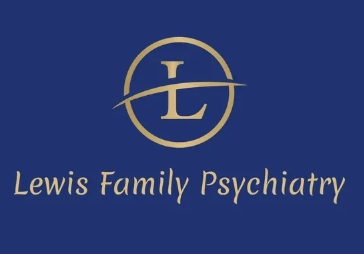Is Social Media Affecting Your Teen’s Mental Health?
Social media has some positive effects, like encouraging connection, but it also comes with potential downsides, such as mental health issues like anxiety and depression, as well as exposure to unrealistic and untrue content. Read on to learn more.
Social media can provide everything from entertainment and news to ways to connect with people near and far. However, it can also have negative effects, especially when used in excess.
At Lewis Family Psychiatry, our team of expert psychiatric nurse practitioners uses integrative psychiatry techniques that combine Western medicine with Eastern ideas and holistic practices to care for the whole person and not just their symptoms.
With a specialized telemedicine platform that makes care easy and accessible for people throughout the state of Florida, we provide customized plans for a wide range of mental, emotional, and behavioral issues, including concerns related to social media.
Teens and social media
Most teens have smartphones and use social media — in some cases, a lot, with nearly half indicating they're online almost constantly. YouTube® is the most popular, with about 90 percent of teens visiting the site, followed by TikTok®, Instagram®, Snapchat®, and others.
Benefits and drawbacks
Navigating this territory with teens can be complicated. While research is still ongoing, parents, caregivers, and teens themselves need to understand that these Internet platforms have the potential to impact their mental health in ways both good and bad.
Positive impacts
Social media can help teens access information and find supportive communities. They may be able to connect with others who share their interests and accept them for who they are. It’s also a place they can seek help for issues like their mental health.
In addition, social media has practical impacts, like making communication easier with people who live far away and easing the difficulty shy people have in initiating conversations with others.
Finally, it’s often how even local friends connect and can be viewed as the modern-day equivalent of talking on the phone.
Potential harms
Social media — especially when used in excess — also comes with possible negative effects.
Teens who spent more than three hours each day on social media had twice the risk of experiencing mental health issues, including anxiety and depression. Frequent use may also impact social behavior, emotional regulation, and impulse control.
Other possible downsides include teens accessing information that is biased, untrue, or harmful, such as some content related to eating disorders. It can also allow them to create unrealistic views of others' lives and lead them to feel that their own lives are lacking by comparison.
Using social media increases risks such as exposure to cyberbullying and online predators. It can also result in a lack of sleep and less time spent on homework, exercise, and activities shared with family and friends in real life.
Like it or not, social media is a part of our lives, so the best thing parents can do for their teens is to create healthy digital habits, including proper boundaries and moderation. If your teen is experiencing mental health issues — from social media use or other factors — we can help.


